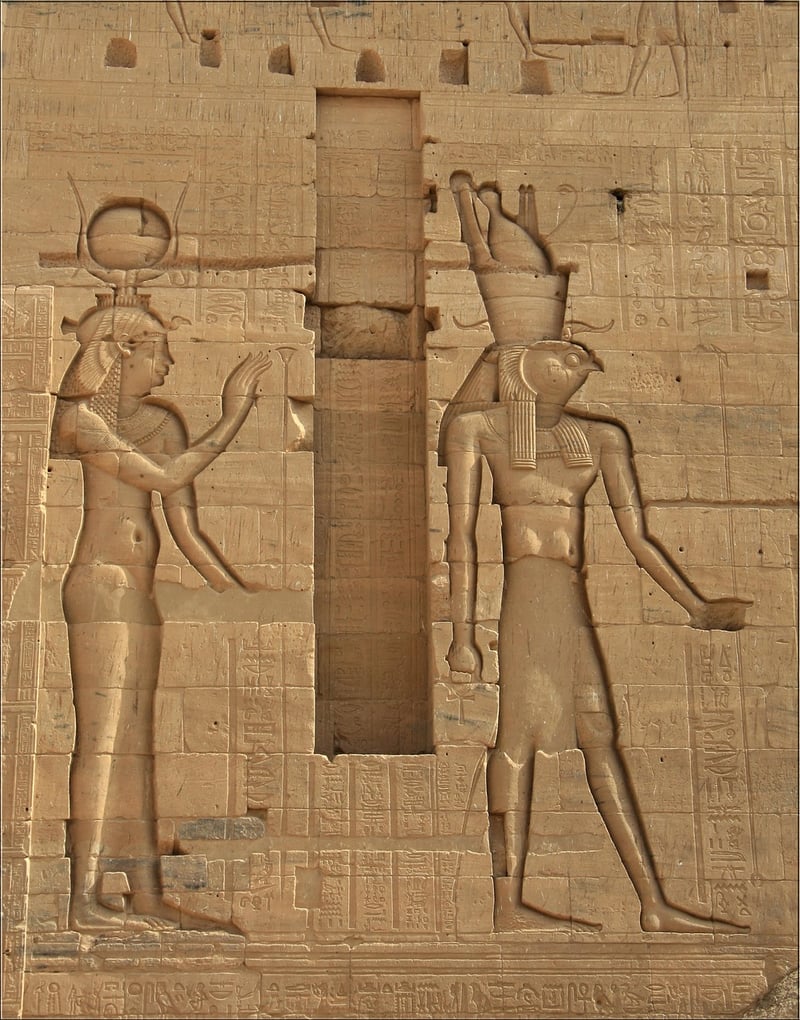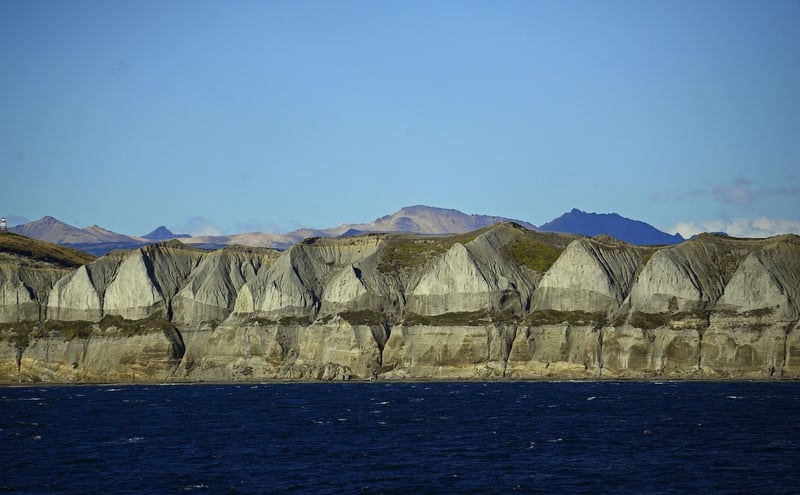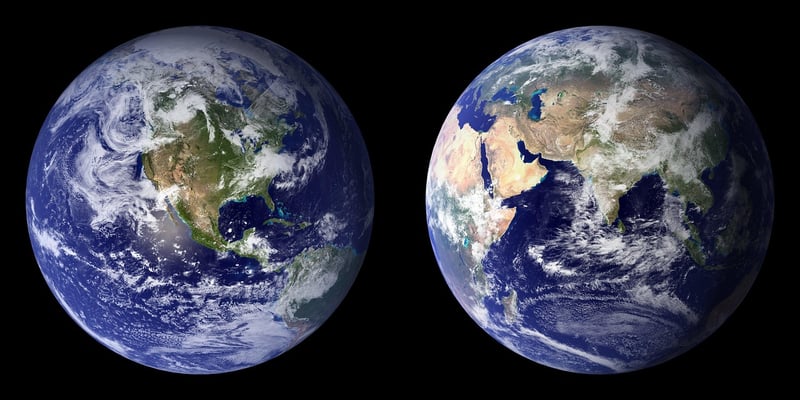Future Exploration
Exploring Different Eras and Future Exploration
Introduction
Exploration has been a fundamental part of human history, driving us to discover new lands, cultures, and technologies. From ancient times to the present day, each era has brought unique challenges and opportunities for exploration. Let's delve into the exploration of different eras and look towards the future of exploration.
Ancient Exploration
Ancient civilizations like the Egyptians, Greeks, and Romans were pioneers of exploration. They navigated seas, built trade routes, and expanded their empires. The Phoenicians, known for their seafaring skills, explored the Mediterranean, while the Silk Road connected East and West, facilitating trade and cultural exchange.

Age of Discovery
The Age of Discovery in the 15th to 17th centuries saw European explorers like Columbus, Magellan, and Vasco da Gama embark on voyages to find new trade routes and lands. This era led to the discovery of the Americas, exploration of Africa and Asia, and the first circumnavigation of the globe by Magellan's crew.

Space Exploration
The 20th century marked the beginning of space exploration. The Soviet Union's launch of Sputnik in 1957 started the Space Race, leading to manned missions to the Moon and beyond. NASA's Apollo program successfully landed astronauts on the Moon in 1969, a defining moment in human exploration.

Future Exploration
Looking ahead, future exploration aims to push boundaries further. From Mars colonization to deep-sea exploration, humans are striving to uncover the mysteries of the universe. Advancements in robotics, artificial intelligence, and space technologies are paving the way for unprecedented exploration opportunities.
Conclusion
Exploration has always been a driving force for human progress. By learning from the past and embracing future technologies, we can continue to expand our knowledge, reach new frontiers, and inspire generations to come.
Let's keep exploring, discovering, and shaping the future of exploration!
